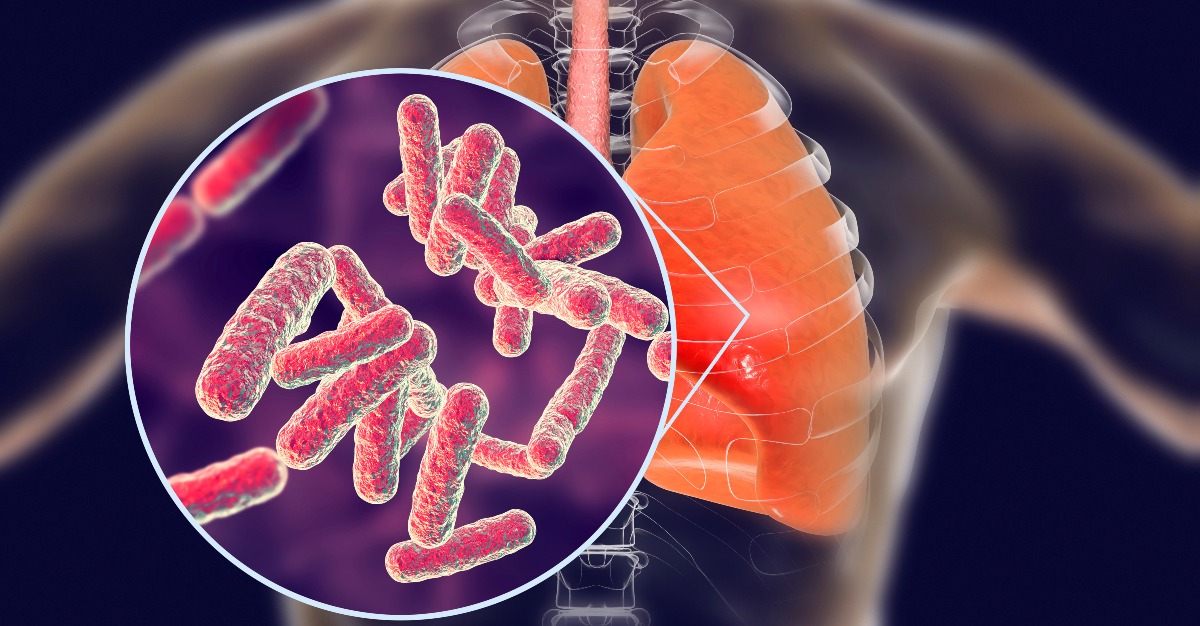
Once known as “The Winter Fever,” pneumonia is an illness that millions are affected with each year, throughout the world.It is an infection of the lungs, where one can also get a fever, muscle aches, chills, and of course, the hallmark of the infection, coughing. In certain cases, it can even lead to death.
Streptococcus pneumonia is the bacteria behind the infection. It was first identified under a microscope in 1875 by Edwin Klebs, a German pathologist. His work would pave the way for Albert Fraenkel and Carl Friedlander, who would go on to discover the two most common types of bacteria causing pneumonia. In 1881, the French microbiologist Louis Pasteur, as well as George Sternberg, an American microbiologist both separately found the lancet-shaped bacteria in saliva.
But, symptoms of pneumonia have been recorded even earlier than that, dating all the way back to 460 B.C. The Greek physician Hippocrates observed them, calling them “peripneumonia,” and describing the symptoms just as we know them today, chest pain and cough.
In the late 1800’s and the early 1900’s, pneumonia was the third-leading cause of death. In the 1930’s, sulfapyridine, an antibacterial medication gained a small bit of notoriety when it was used to treat former Prime Minister Winston Churchill’s bacterial pneumonia. But, with the discovery of penicillin, sulfapyridine was quickly set aside for this new method of treatment.
Pneumonia is a disease that can be viral or bacterial.Most of the time, it is caused by the Streptococcus pneumonia. There can be other strains of pneumonia, too, such as the milder walking pneumonia. For those who are living with compromised immune systems, pneumonia can be dangerous.
Luckily, today, many medical advances have been made in the treatment of pneumonia. It is usually treated with antibiotics which respond well and can clear up the disease within a course of treatment.
There are a few vaccines that are available to help to prevent pneumonia. The first vaccine, being developed in 1977, was called the pneumococcal polysaccharide vaccine (PPV). While it protected against some strains, it did not protect against all. In 2000, a new, second vaccine, pneumococcal conjugate vaccine (PCV), was able to protect against more strains.
Today, children are typically vaccinated against pneumonia when they are babies with the PCV vaccine, called PCV13. The Centers for Disease Control and Prevention recommends that children under two receive the vaccine. The CDC also recommends that anyone who is the age of 65 or older get the PPV vaccine, called PPSV23.
There are some ways that you can help prevent pneumonia from affecting you. Washing your hands frequently is a great way to prevent infection transmission. Make sure that you wash especially after you blow your nose, before and after you make food, and after using the bathroom. Another way is to make sure that you avoid tobacco, because it damages your lungs and lowers their ability to fight an infection like pneumonia.
With proper vaccination and good hygiene habits, you can lower your risk of contracting pneumonia.
Need a pneumonia vaccine? Schedule an appointment at your local Passport Health by calling or schedule online now.

 US - English
US - English CA - English
CA - English Rest of World - English
Rest of World - English